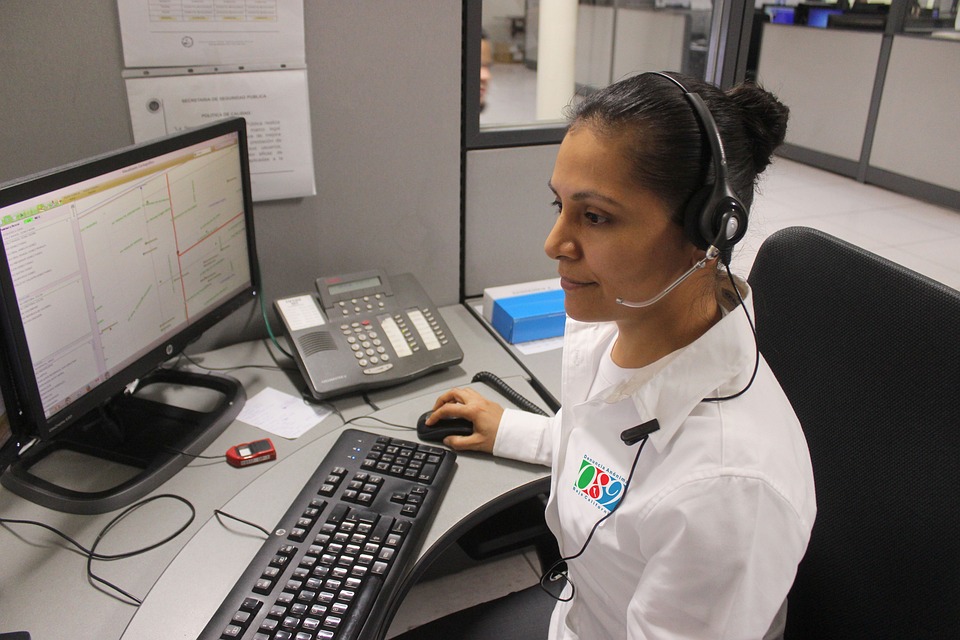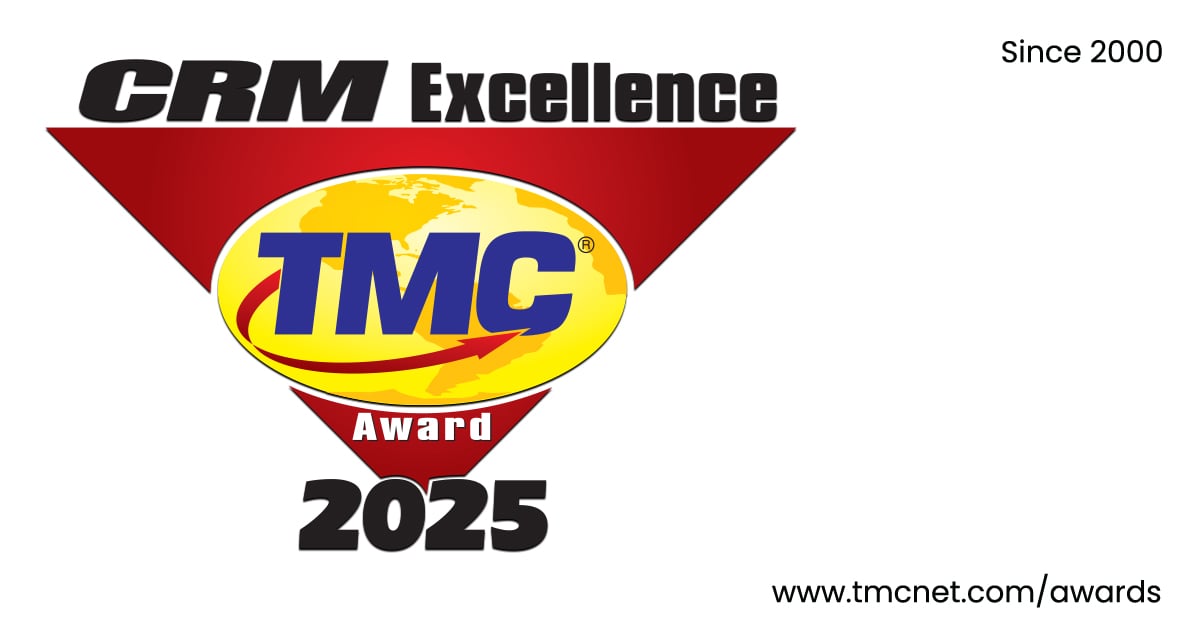
Delivering exceptional customer service has become a cornerstone of successful businesses across various sectors. Today, clients expect quick, efficient, and secure support, making it essential for companies to adapt to these demands. Many organisations are exploring how secure remote solutions can improve their customer service efforts.
Keep reading as we dive into how these technologies safeguard data and enhance overall customer experience.
The Importance of Secure Remote Support
Businesses operate increasingly using digital tools, where the ability to provide remote support is crucial. Security is paramount, as breaches can lead to significant reputational damage and customer mistrust. Implementing secure remote support solutions ensures client interactions remain confidential and protected from cyber threats.
Utilising remote support technologies allows customer service representatives to assist clients directly from their devices, quickly addressing concerns and problems. This level of accessibility fosters a stronger connection with clients, making them feel valued and supported.
Not only this, but encrypted connections and real-time monitoring features in these solutions, such as remote access for MSP, provide peace of mind, reassuring clients that their information is safe during interactions.
Thanks to having secure remote support, businesses can enhance operational efficiency. An example of this is that representatives can resolve issues faster, without scheduling an on-site visit, reducing client downtime. As a result, this improves customer satisfaction and allows businesses to allocate resources more effectively, focusing on high-priority tasks.
Enhancing Communication Through Remote Access Technologies
Effective communication is a must in customer engagement, and remote access technologies facilitate seamless interactions between clients and service providers, breaking geographical barriers. Enabling representatives to access client systems securely helps support teams diagnose problems and implement solutions efficiently, without needing the customer to be physically present.
Incorporating features such as screen sharing and video calls allows for more interactive and personal support experiences. This level of engagement can significantly impact customer perceptions of service quality. Customers appreciate when their issues are addressed promptly, often commenting on the enhancement in service quality. This immediate feedback loop creates a more satisfied customer base, creating loyalty and encouraging referrals.
Moreover, the ability to share screens helps streamline the troubleshooting process. When clients can visually demonstrate their issues, representatives can guide them through the resolution steps in real-time. This collaborative approach resolves problems more effectively and empowers clients, making them feel involved.
An example of this in practice can be seen in fields such as technical support and customer service. By employing remote access technologies, service representatives are better equipped to provide tailored solutions that cater to each client’s unique needs. This personalisation fosters a sense of trust, which is essential in maintaining strong client relationships.
Implementing Best Practices for Customer Engagement
To maximise the benefits of secure remote solutions, businesses should adopt best practices that integrate such technologies into their customer service strategies. Training staff on these tools is essential, as the effectiveness of remote support hinges on the team's ability to utilise them proficiently.
Establishing clear protocols for remote interactions is critical. This encompasses guidelines for authentication processes, session logging, and data privacy. Such measures promote accountability and help mitigate security risks. Additionally, training sessions can reinforce the importance of these protocols, ensuring that all team members remain vigilant against potential threats.
Regularly reviewing and upgrading remote access tools is vital to avoiding emerging cybersecurity threats. As technology grows, so do the tactics employed by cybercriminals. By committing to regular assessments and updates, businesses can fortify their security measures, ensuring that client data remains protected.
Collecting customer feedback after each remote interaction can provide invaluable insights into service performance. If they understand client needs and preferences, businesses can refine their support strategies to meet customer expectations. Tools such as surveys and post-interaction assessments can help gauge customer satisfaction and identify areas for improvement.
Creating a Seamless Customer Journey
A holistic approach to customer experience involves creating a seamless journey from the initial contact to resolving issues. This requires a well-integrated system that combines various support channels, allowing clients to choose their preferred method of communication.
For example, integrating remote support with chat services and email ensures that customers can reach out in a way that suits them best. This omnichannel approach facilitates continuous interaction, enabling clients to switch between channels without losing context. As a result, customers feel more in control of their experience, leading to higher satisfaction rates.
Businesses can utilise data analytics to enhance the customer journey. Analysing interaction patterns allows companies to identify common pain points and address them proactively. This analytical approach allows for targeted improvements in service delivery, ultimately leading to an enhanced customer experience.
The Role of Security in Customer Trust
In a time where data breaches are increasingly common, security plays a critical role in fostering customer trust. Clients need to feel confident that their personal and sensitive information is safe during interactions with service providers. Secure remote solutions are not just about enabling access; they are about building an environment of trust.
Implementing robust security measures such as encryption, multi-factor authentication, and regular audits demonstrates a commitment to protecting customer data. By communicating these measures to clients, businesses can reassure them that their information is protected, fostering a sense of security and trust in the service provided.
Moreover, transparency regarding security practices can further enhance trust. Informing clients about how their data is handled, stored, and secured can alleviate concerns and strengthen relationships. This transparency can be communicated through various channels, including websites, newsletters, and direct communications.
Future Trends in Remote Customer Support
The potential for enhancing customer experience through secure remote solutions grows as technology advances. The shift towards hybrid and remote work environments has accelerated the need for flexible support options. Businesses proactively adopting innovative remote access technologies benefit significantly from improved customer relationships.
Recent trends indicate a rise in AI-driven support systems that can complement human representatives. These systems can handle routine inquiries, freeing staff to address more complex issues. Such technologies improve efficiency and allow for a more personalised approach to customer service.
The integration of machine learning algorithms can also enhance support capabilities. By analysing past interactions, these systems can anticipate customer needs, providing solutions even before the client reaches out. This level of proactive support can significantly enhance the customer experience, positioning businesses as leaders in their field.
Additionally, the emergence of virtual reality (VR) and augmented reality (AR) technologies presents exciting possibilities for remote support. These technologies can create immersive support experiences, allowing clients to engage in virtual environments where they can resolve issues with guided assistance. Such innovations could redefine customer interactions, making them more dynamic and engaging.
Building a Competitive Advantage through Secure Solutions
Providing secure remote solutions can be a distinct advantage for businesses. As customer expectations grow, those companies that prioritise security and customer experience will stand out.
Businesses can leverage secure remote solutions as a unique selling proposition (USP). By highlighting the safety and efficiency of their services, they can attract customers who value security in their interactions. This positioning enhances brand reputation and cultivates greater customer loyalty.
Additionally, effective marketing strategies that emphasise secure remote support can further elevate a company's profile. Businesses can build credibility and attract new clients by showcasing testimonials and case studies that highlight positive client experiences. Such initiatives resonate well with potential customers, reassuring them of the quality and security of services offered.
At the end of the day, prioritising customer experience through secure remote solutions enables companies to establish themselves as trusted partners. This positioning opens pathways for long-term relationships and sustained growth in a rapidly changing business environment.





